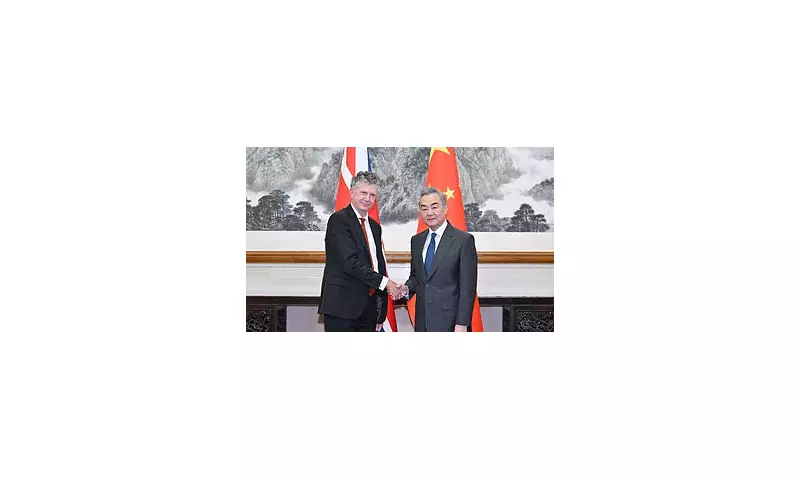
In a startling revelation that could reshape Britain's foreign policy landscape, key advisers to Sir Keir Starmer have been conducting private meetings with Chinese Communist Party officials while keeping senior Labour shadow ministers in the dark.
The Powell Connection
Jonathan Powell, who served as Tony Blair's chief of staff during his decade in Downing Street, has emerged as a central figure in these covert diplomatic channels. The veteran political operator, now acting as an informal adviser to Starmer, participated in discussions with representatives from Beijing that were not disclosed to the Labour frontbench.
Shadow Ministers Left in the Dark
While Powell and other Starmer confidants maintained these backchannel communications, shadow cabinet ministers responsible for China policy were conspicuously absent from critical meetings. This arrangement has raised serious questions about transparency and who truly shapes Labour's approach to dealing with Beijing.
China's Strategic Outreach
The Chinese Communist Party has been actively cultivating relationships with potential future UK government figures through its diplomatic corps in London. These efforts appear focused on establishing influence ahead of a possible Labour administration, with particular attention paid to Starmer's inner circle rather than the official shadow ministerial team.
National Security Implications
The revelation comes amid growing concerns about foreign interference in British politics and the appropriate boundaries for opposition party engagements with adversarial governments. The secretive nature of these meetings has prompted questions about whether Labour's China policy is being shaped through proper democratic channels.
Labour's Response
While the Labour leadership has not denied the meetings occurred, they have defended the right to conduct private diplomatic engagements. However, critics argue that excluding the very ministers who would be responsible for implementing China policy from these discussions suggests a troubling lack of internal coordination.
The emerging picture reveals a potential Labour government where key foreign policy decisions may be influenced by unelected advisers operating outside traditional ministerial structures, raising fundamental questions about accountability in Britain's future relationship with China.





